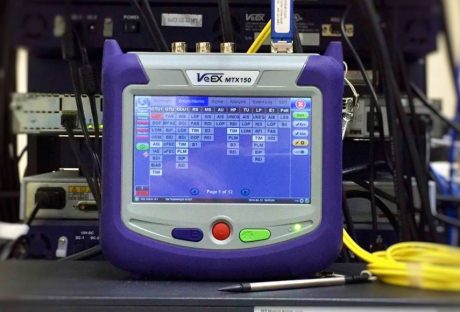It is mandatory in every education system to establish a primary and secondary program for all children in the state. However, there are differences involved in the system when talking about tertiary education. A unique feature of the education system in Quebec is the implementation of a transition program that serves as a bridge that students should take after finishing high school and before entering the university.
Essential Things You Need To Know About Quebec’s Education System
This pre-university education is publicly funded and provided by institutions called CEGEPs, which stands for Collège d’enseignementgénéral et professional. Typically, it is considered a general and vocational education system.
Everything You Need To Know About Quebec’s Education System
College:
One should not confuse it with a university education since it should be taken before being admitted to a bachelor’s program. This pre-university program, which they term as college, is established to compensate the required 12 years of studying to be admitted in a university or a post-secondary institution. This is because Quebec is the only province in Canada that allows the student to graduate from high school even after 11 years of studying in compulsory education.
There are several CEGEPs institutions, one of which is CEGEP Garneau Formation Continue. These institutions offer several college programs:
1. Pre-university education program:
This program has a 2-year duration. It aims students to prepare for the lessons taught in the university that will, later on, guide them to get the Diploma of College Studies. It also fills the required knowledge that will be helpful in pursuing university studies. which are not included in the secondary curriculum.
Students who take this program path usually attend the university, skipping the first year, and often considered as a sophomore. They might also earn extra credits or a higher standing upon enrolling in the university.
Courses taught in this program are geared towards what the students will choose as their major in the university.
2. Technical training program:
This extensive training program is designed for three years. The objective of this program is to provide knowledge and expertise to students that will enable them to work after completion and will make them ready for employment. Students from this program are expected to enter the job market after graduation.
Courses taught under this program are specialization courses which depend on what students want for their future careers. Completion of this program also provides graduates with a Diploma of College Studies.
Some of the programs under this are:
- Theater
- Nursing
- Electronics
- Computer Science
- Programs involving construction and building infrastructures
Future careers of the students who completed this program are HVAC technicians, actors, IT specialists, computer technicians, and others.
3. Short term technical training program:
This program is a shorter version of what is mentioned above. Around 500-1000 class hours are allotted for these short term programs. It also aims students to be equipped in the professional world after completion of their program.
The only difference of this program to the technical program is the absence of a core curriculum. Adults can also take it as an additional knowledge for their chosen careers.
Some programs under this category are:
- Real Estate
- Marketing
Upon completion of this program, students are provided with Attestation of College Studies.
University:
Before one can be admitted to a university, a requirement needed is the Diploma of College Studies. Students who are under the pre-university and technical training programs have the privilege of continuing education in the university. The system of tertiary education in Quebec is similar to any universities in the world.
The interesting feature of university education in Quebec is that one can complete a bachelor’s degree after three years, compared to other universities that usually requires four years the least. This is because of the pre-university programs that they have. Upon receiving a college diploma, the student can have the choice to pursue a master’s degree, which usually lasts for 1-2 years, and a doctoral degree, which is 2-3 years in duration.
Universities in Quebec also offer some non-degree programs, which are usually short courses. Completion of these short term university programs will give the students specialized certificates and diplomas.
Conclusion
In general, the educational system of Quebec provides outstanding advantages to its students. It offers educational excellence, great environment, and infrastructure and technologies which make it certain that the province is providing its people a high-quality education. There is an increased number of international students studying in Quebec because of these factors.
The unique features of Quebec’s educational system were strategically implemented to ensure that all CEGEP institutions produce highly competitive and outstanding students that will, later on, be future leaders and successful individuals that will strengthen the economic standing, not just the province, but the country as well.
Read Also:






















